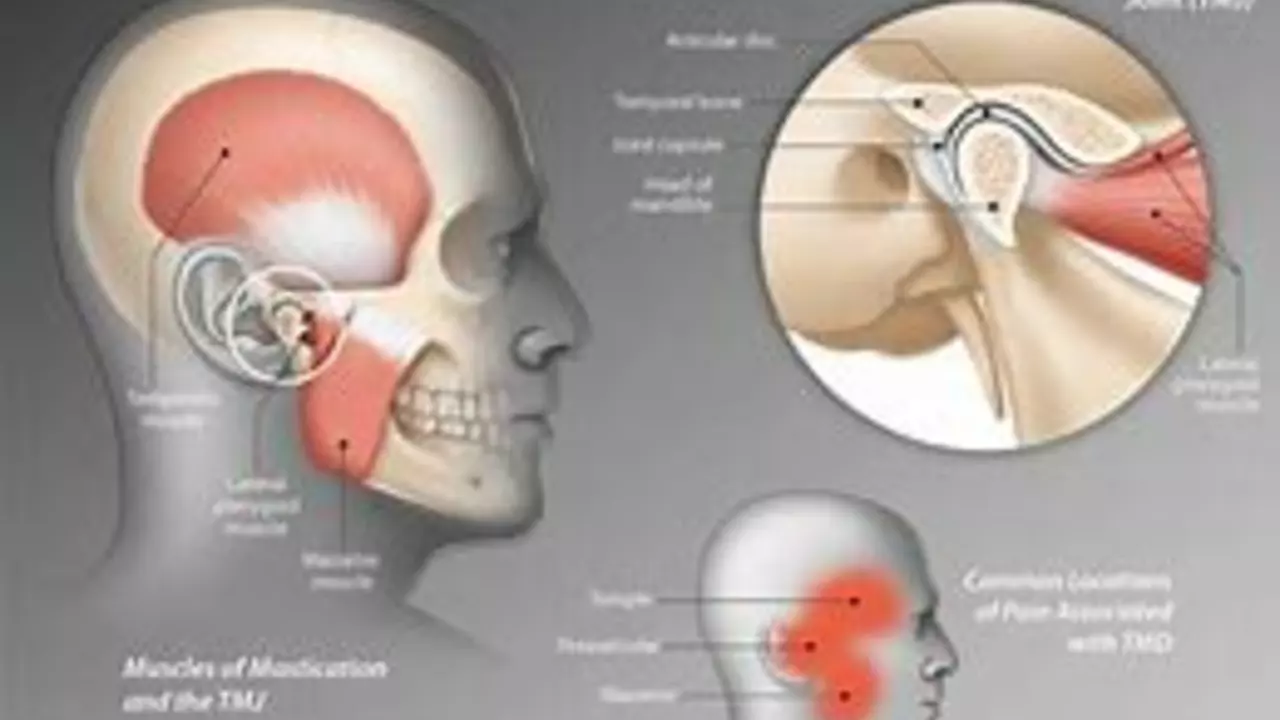Everything You Should Know About Aspirin
Aspirin is one of the most commonly used medicines worldwide, but do you know exactly what it can do and when you should be careful? It's not just for headaches or minor aches; aspirin plays a big role in heart health too. Let's break it down so you get the facts without any confusing jargon.
How Aspirin Works and What It’s Used For
Aspirin belongs to a group of drugs called nonsteroidal anti-inflammatory drugs (NSAIDs). Its main job is to reduce pain, lower fever, and ease inflammation. But what makes aspirin stand out is its ability to thin your blood slightly. This effect helps prevent blood clots that can cause heart attacks or strokes when taken regularly in low doses as advised by a doctor.
People often use aspirin for headaches, muscle pain, or mild arthritis discomfort. However, many take it daily after they’ve had a heart attack or suffer from certain heart diseases. By preventing clots, aspirin lowers the risk of another heart issue. But this use isn’t for everyone—it’s important to talk to your healthcare provider before starting a daily aspirin.
Important Things To Keep In Mind When Using Aspirin
While aspirin can be a miracle worker for some, it’s not risk-free. Because it thins the blood, aspirin can cause bleeding problems, especially in your stomach or brain. If you have ulcers, a bleeding disorder, or are already on blood thinners, aspirin might do more harm than good.
Common side effects include upset stomach or mild heartburn. Taking aspirin with food can help reduce this. Serious bleeding is rare but requires immediate medical attention.
If you’re unsure whether aspirin is right for you, especially as a daily preventive measure, chat with your doctor. They can help weigh the pros and cons based on your health history. And remember, never start or stop aspirin on your own without professional advice.
So, aspirin can be a simple, affordable way to tackle pain and support heart health, but it demands respect and care when used. Knowing how it works and what to watch out for can make all the difference.
Published on Jun 18
16 Comments

